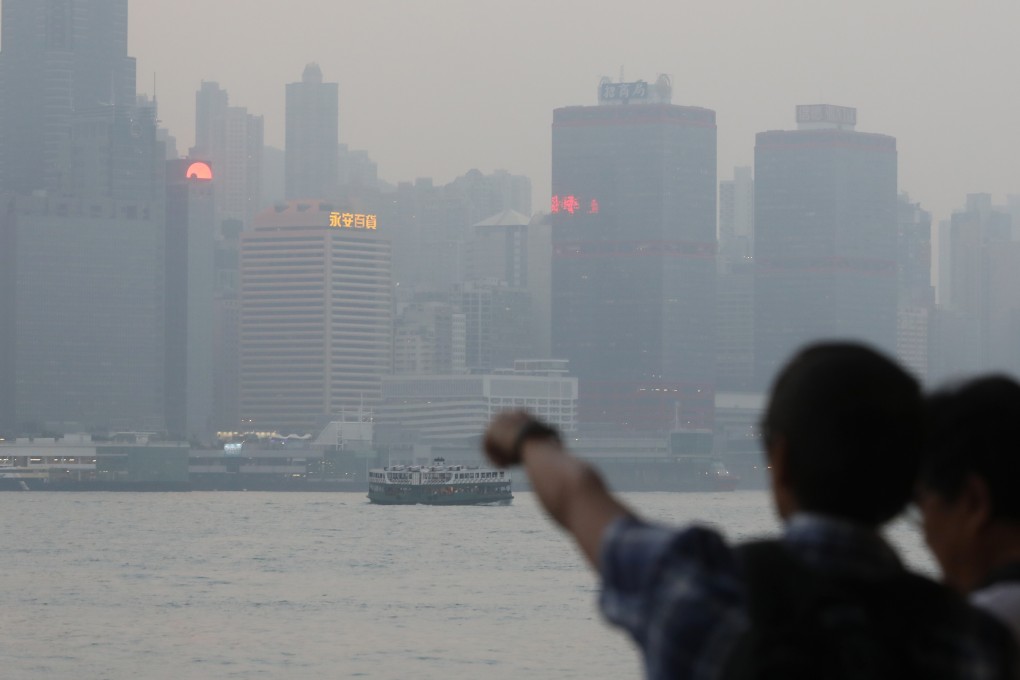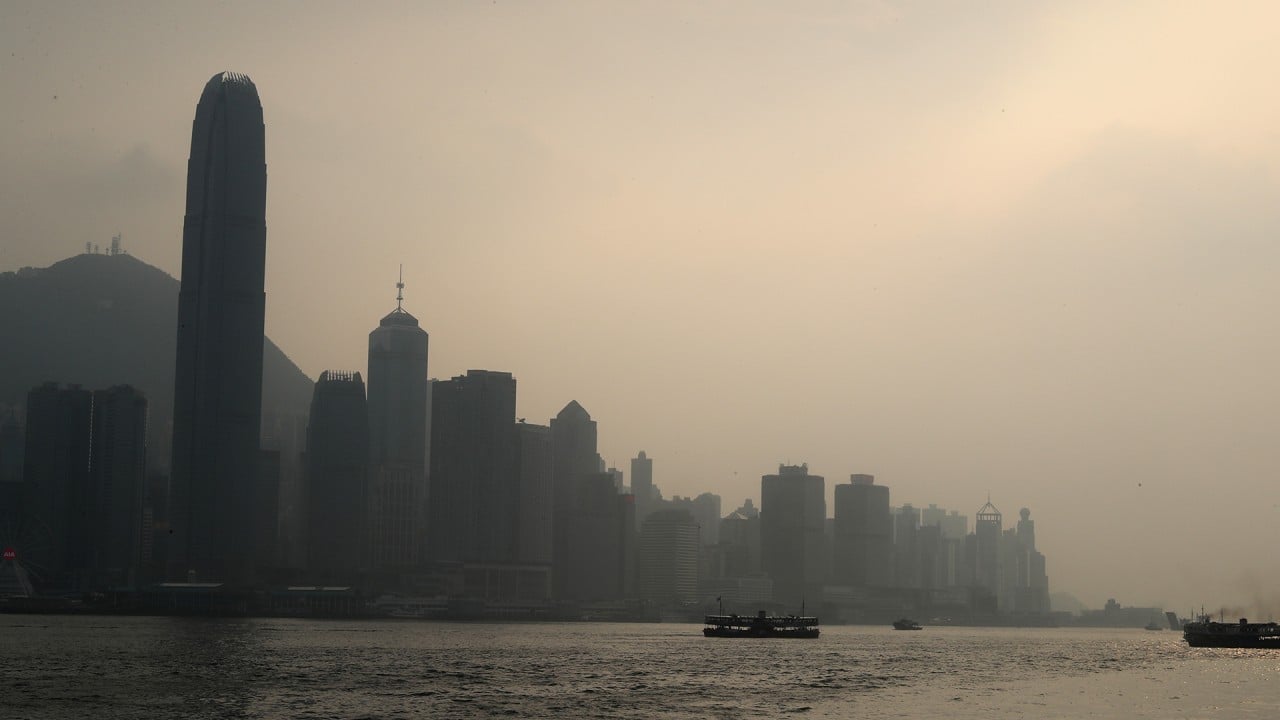Advertisement
Letters | Climate strategy report points way forward for Hong Kong
- The Council for Sustainable Development’s report rightly emphasises Hong Kong must commit to achieving net zero carbon emissions by 2050
- Beyond the report’s recommendations, the government must consider more action in the key polluting areas of energy, transport and the built environment
Reading Time:2 minutes
Why you can trust SCMP
0

The Council for Sustainable Development has finally published the results of its public engagement on Hong Kong’s long-term decarbonisation strategy, and the suggested action points go a long way towards fulfilling our climate ambitions.
The consultation was launched more than a year ago to guide the Hong Kong government in crafting the city’s climate change blueprint, expected for release in autumn 2021. We appreciate the efforts of the council in completing this important process despite the more than 71,000 responses collated during a period of unprecedented conflict in Hong Kong and then the pandemic.
We hope this will ensure that the government now develops an inclusive long-term policy plan with wide support and which takes into account the views of the public and the business community.
The council’s report rightly places focus on the energy sector, our built environment, transport, green finance and low-carbon lifestyles, and supports furthering research and development.
It also emphasises that Hong Kong must commit to advancing “to net zero carbon emissions by 2050, as part of the global effort to limit global average temperature increase to well below 1.5 degrees Celsius above pre-industrial levels”, significantly raising our ambitions from the Paris Agreement’s goal of collectively limiting global warming to 2 degrees by 2100.

02:07
Air pollution hits highest level on Hong Kong’s scale, as city records hottest summer on record
Air pollution hits highest level on Hong Kong’s scale, as city records hottest summer on record
And indeed, energy, transport and the built environment are the largest contributors to Hong Kong’s direct greenhouse gas emissions, and they should be key target sectors for decarbonisation.
Advertisement